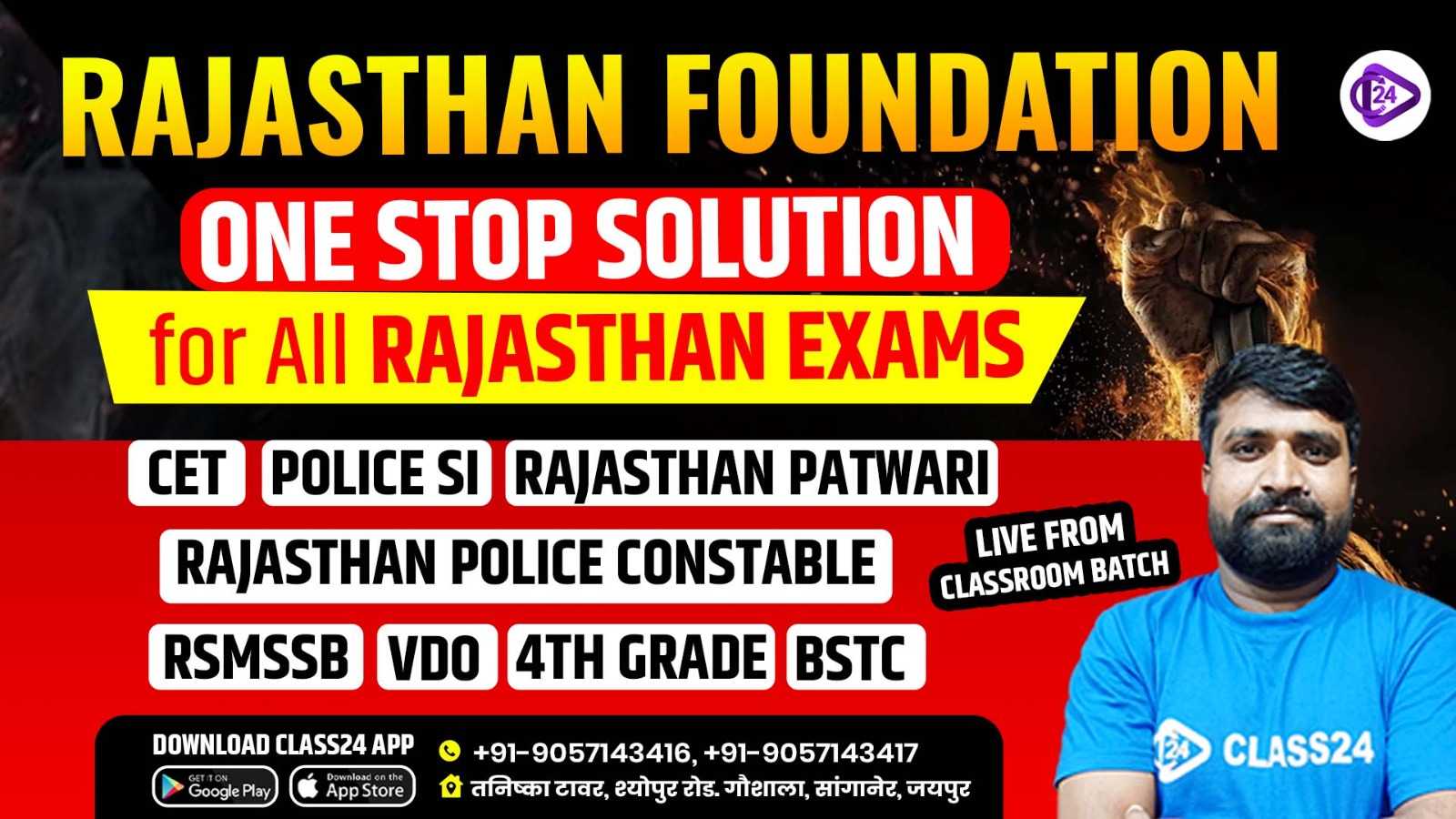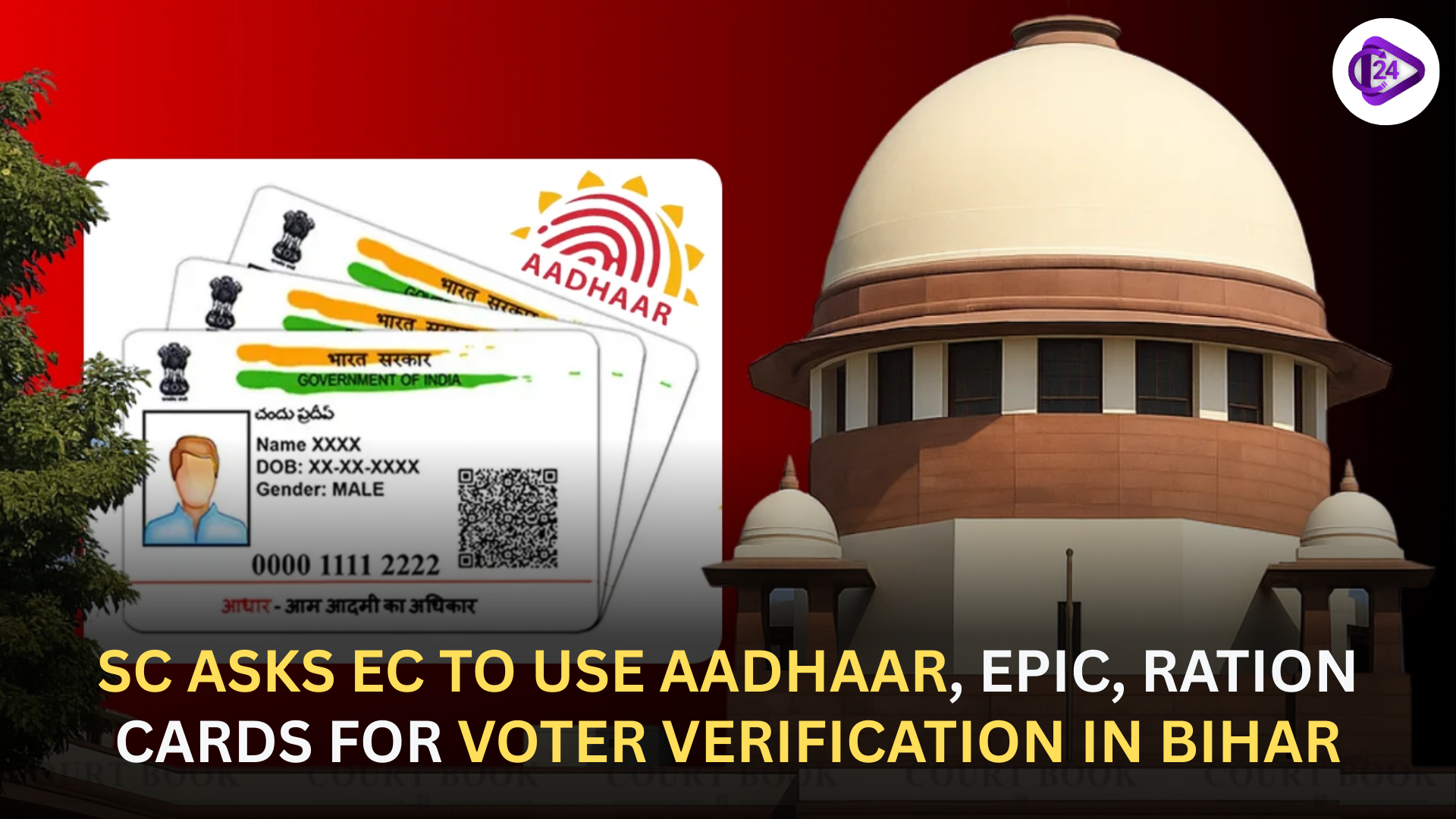
The Supreme Court has guided the Election Commission (EC) to make Aadhaar, which is an Elector Photo Identity Card (EPIC) and ration cards, a valid document to use in voter registration during the current round of special intensive revision (SIR) of electoral roll in Bihar. The court stressed, the list of 11 documents the EC listed to enable verification of voters did not take the form of exhaustiveness, and the permission of the documents would make voter registration more inclusive. The case poses serious questions on voter rights, identity check and the role of the EC.
Context
The Supreme Court has requested the Election Commission of India in their decision to use Aadhaar, EPIC and ration card as valid documents of voter verification in the special revision process going on in Bihar. The court emphasized the gravity of the matter to democracy and right to vote and also questioned the pace and level of the revision underway.
Key details
Court’s Directive on Document Inclusion:
-
Supreme Court Decision: What the Supreme Court has said is that Aadhaar, EPIC and ration cards must be recognized as a valid document to register as a voter.
-
Rationale: The 11 documents given by the Election Commission (EC) were found to be not exhaustive.
-
The Role of Aadhaar: Aadhaar is already well established as a form of identity and plays a very important role in most official proceedings, so it should be used in checking voters before registering.
The objection of EC against Aadhaar:
-
The Argument of EC: Aadhaar is not a document of citizenship because it can be given to non-citizens and ordinary residents.
-
Response of Court: Aadhaar is necessary to verify identity and mostly used to acquire a wide range of documents such as caste certificate.
Key Highlights
What is Aadhaar?
-
What it is: 12-digit identification number issuance by UIDAI used as identity and address proof.
-
Eligibility: Open to all citizens that live in India more than6 months.
-
Features: Biometric document connections with personal information to a government database.
-
Applications: Makes the availability of many government and privately owned services such as banking and cellular links accessible.
What is an EPIC Number?
-
What it is: An alpha numerical ensign voter ID number granted by the Election Commission of India.
-
Purpose: It stops voter impersonation and fraud.
-
Digital Management: This is done through the ERONET platform, automation of the electoral process.
-
Importance: Establishes a connection between a voter and his or her picture, constituency, and a polling station to make sure that electoral registers are maintained correctly.
What is a Ration Card?
-
What it means: It is the formal document given by the state governments to facilitate those households who are entitled to receive subsidised food grains.
-
Purpose: It offers food grains as part of the National food security Act (NFSA) of 2013.
-
The types are Priority Household (PHH), Non-priority Household (NPHH), and once APL, BPL and AY cards.
-
According to the present situation, there are PHH cards and NPHH cards under NFSA.
-
Kinds of Ration cards:
-
Priority Household (PHH): To provide 5kg of food grains per month per person, to those households fulfilling the eligibility criteria.
-
Antyodaya Anna Yojana (AAY): To Aantyodaya families, 35kg of food grains per family per month is to be provided.
-
APL, BPL, AY: Previously, given to households above and below the poverty line, and to old folks. No new ones of these are issued.
-
Conclusion
The case of the Supreme Court intervening in the revision of the electoral rolls in Bihar states the significance of making the process of voter registration selective and non-discriminative. The court wants to make the process more open and democratic by expanding the list of the documents that can be accepted and now those are not only the passport, but also Aadhaar,EPIC, and ration cards. But there is still uneasiness regarding the rate of change and the possibility of it being used as a form of citizenship screening and there is a need to take a more even handed and transparent approach to revision of electoral rolls.



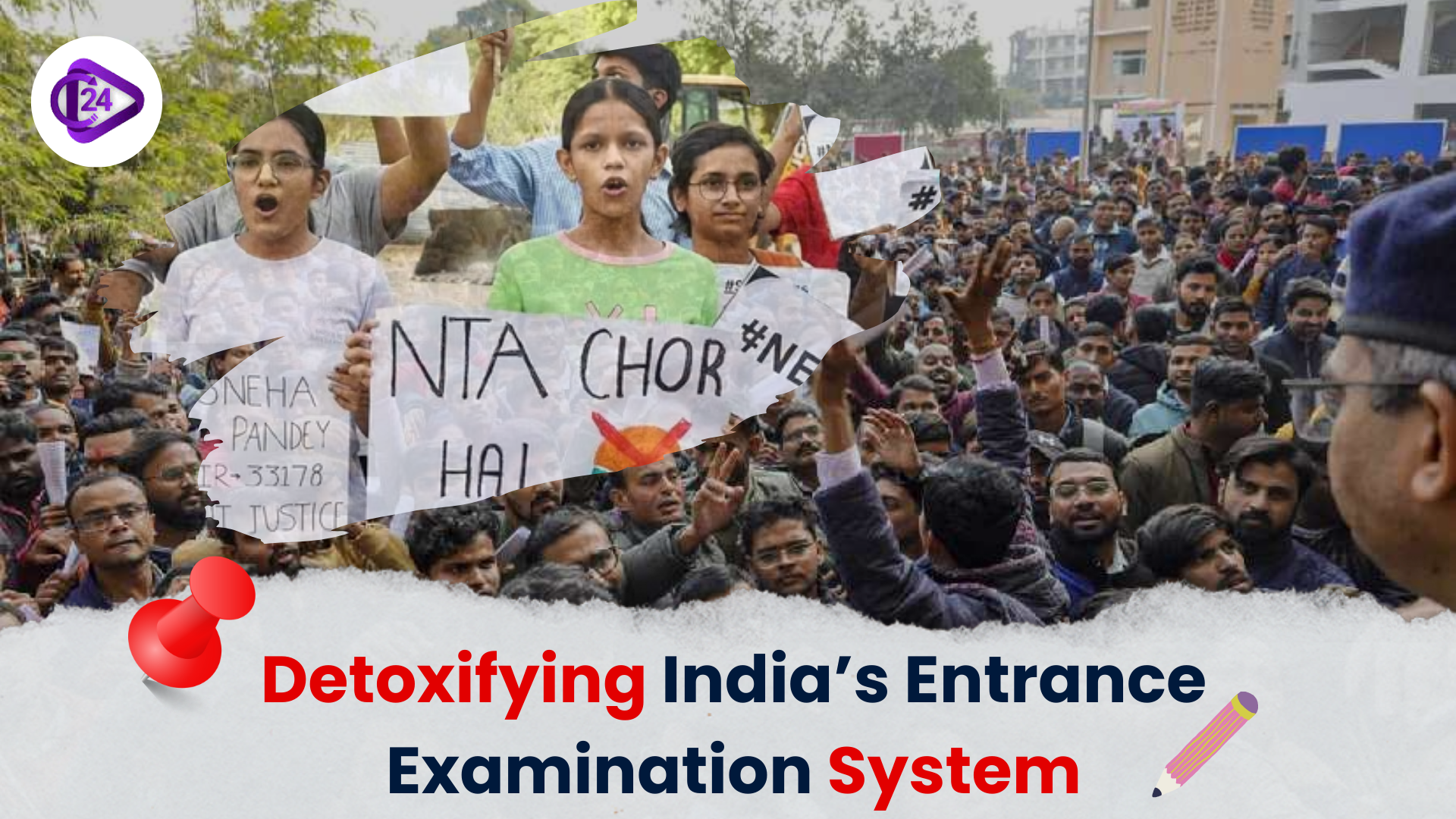 Reforming India’s Entrance Exams: Towards Equity and Student Well-being
Reforming India’s Entrance Exams: Towards Equity and Student Well-being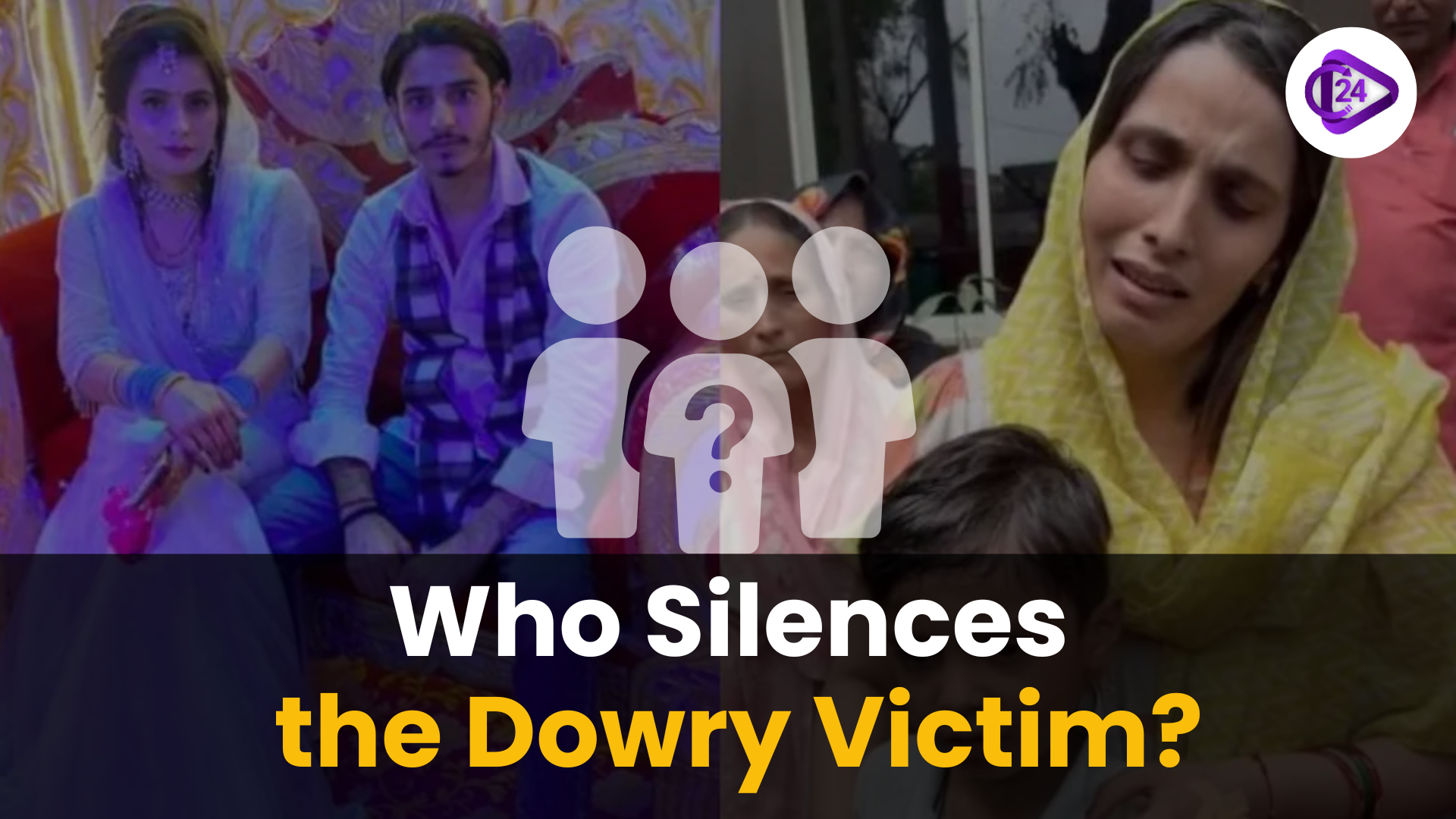 Dowry Deaths in India: Nikki Bhati Case Exposes Systemic Silence
Dowry Deaths in India: Nikki Bhati Case Exposes Systemic Silence J&K: Annual Mela Patt Festival Begins in Bhaderwah
J&K: Annual Mela Patt Festival Begins in Bhaderwah Prime Minister Extends Warm Greetings on Nuakhai Festival
Prime Minister Extends Warm Greetings on Nuakhai Festival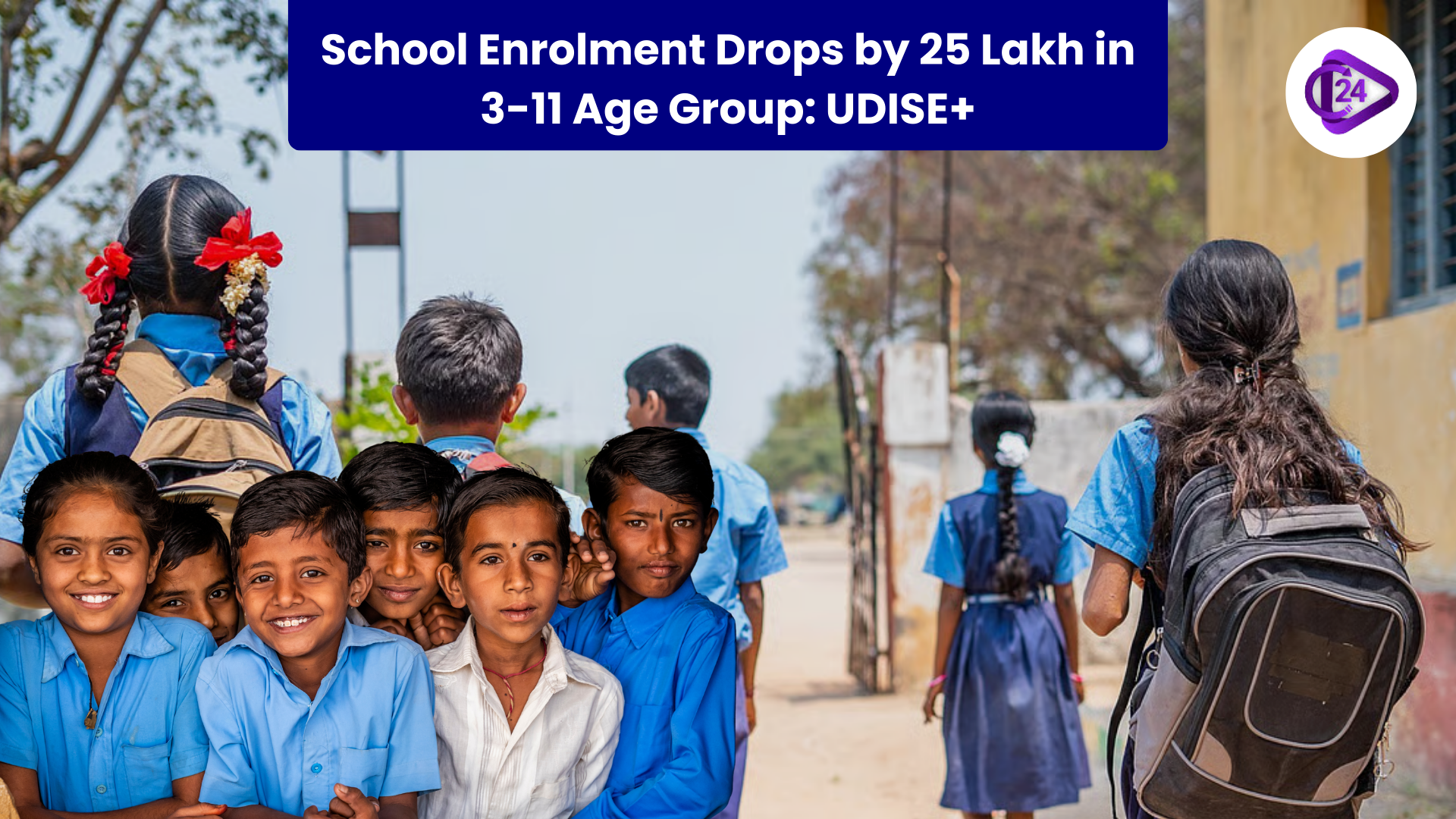 School Enrolment in 3-11 Age Group Drops by 25 Lakh: UDISE+ Report
School Enrolment in 3-11 Age Group Drops by 25 Lakh: UDISE+ Report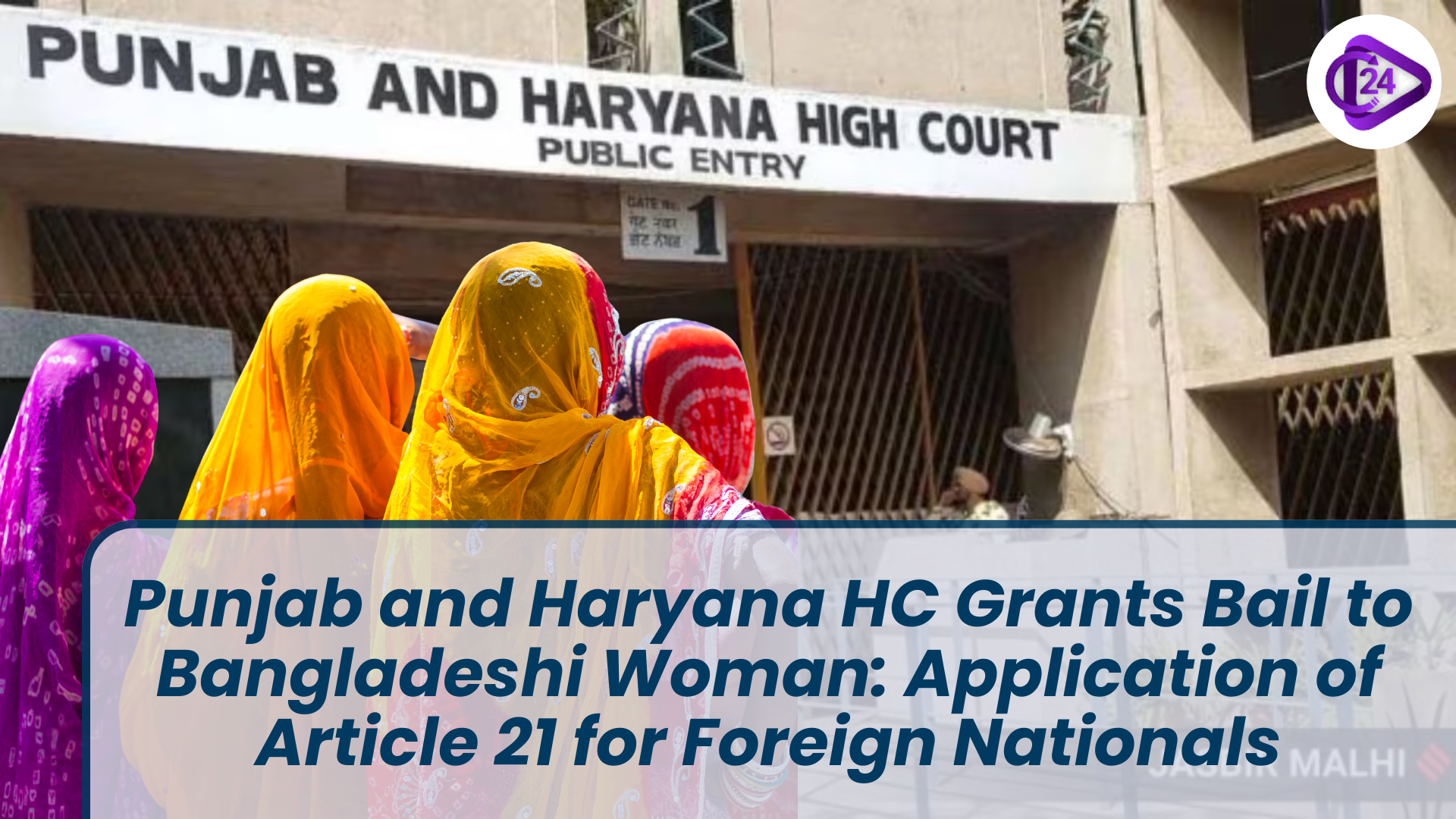 Punjab and Haryana HC Grants Bail to Bangladeshi Woman: Application of Article 21 for Foreign Nation
Punjab and Haryana HC Grants Bail to Bangladeshi Woman: Application of Article 21 for Foreign Nation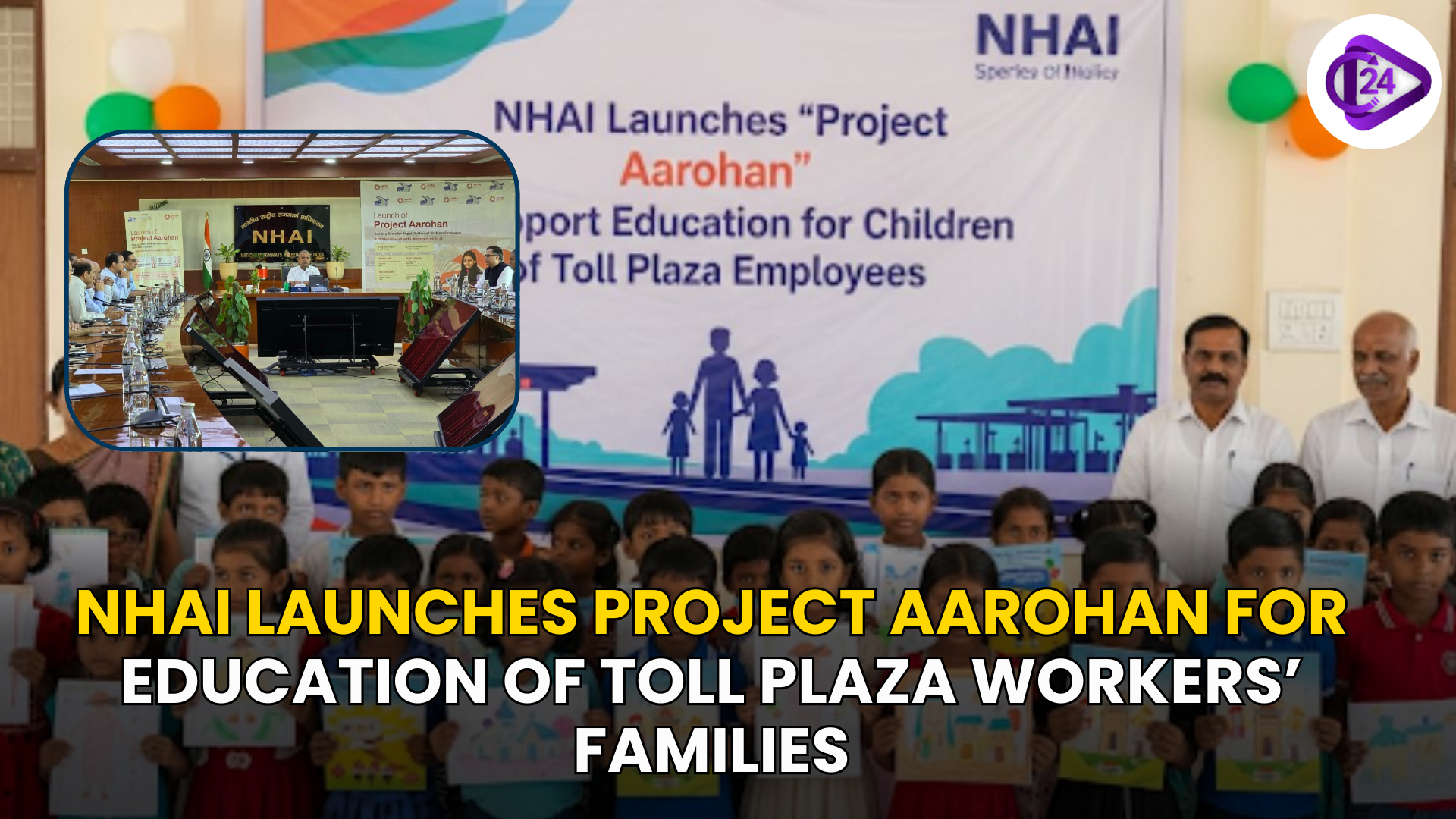 NHAI launches Project Aarohan to support education of toll plaza workers’ families
NHAI launches Project Aarohan to support education of toll plaza workers’ families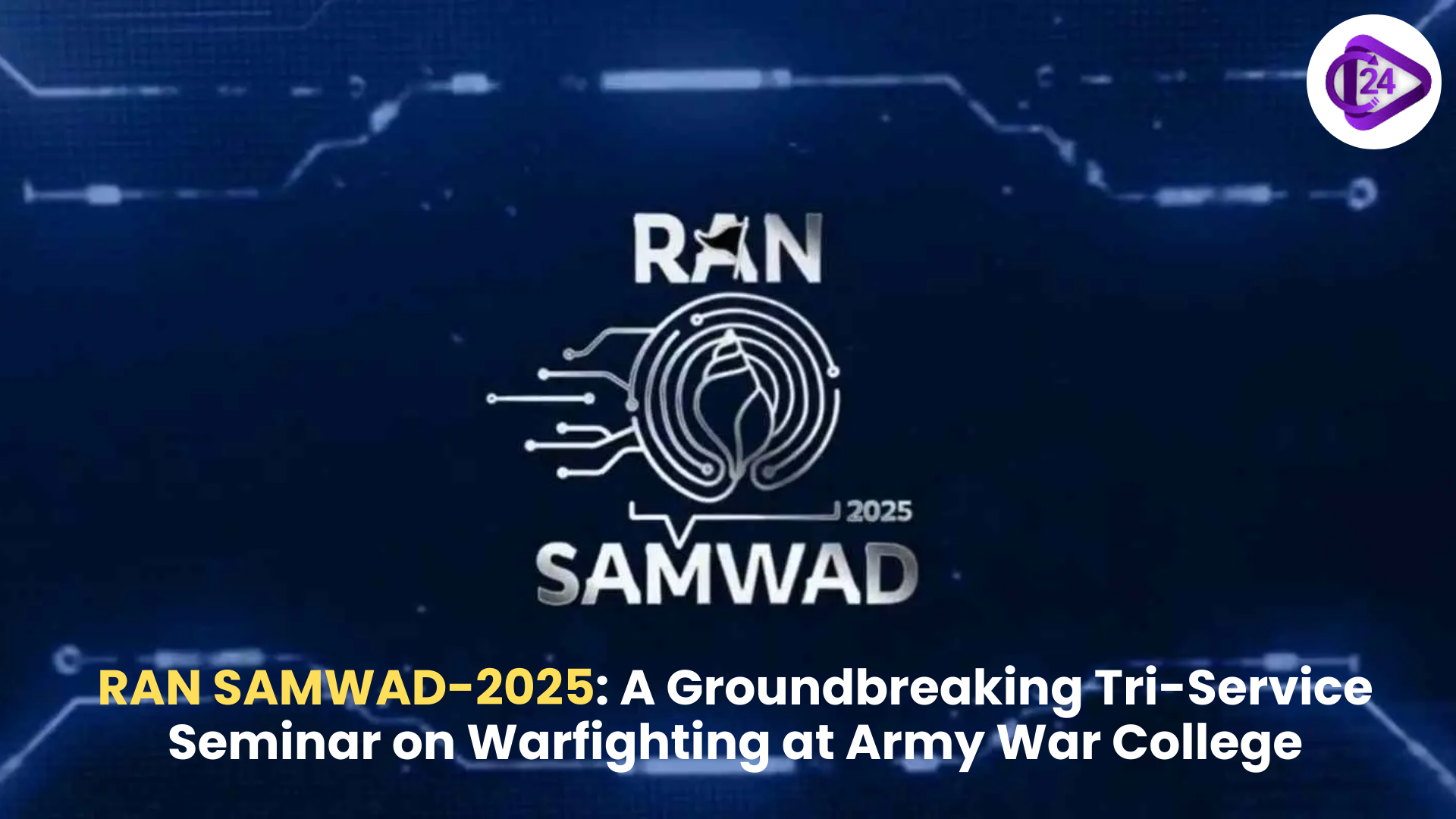 RAN SAMWAD-2025: A Groundbreaking Tri-Service Seminar on Warfighting at Army War College
RAN SAMWAD-2025: A Groundbreaking Tri-Service Seminar on Warfighting at Army War College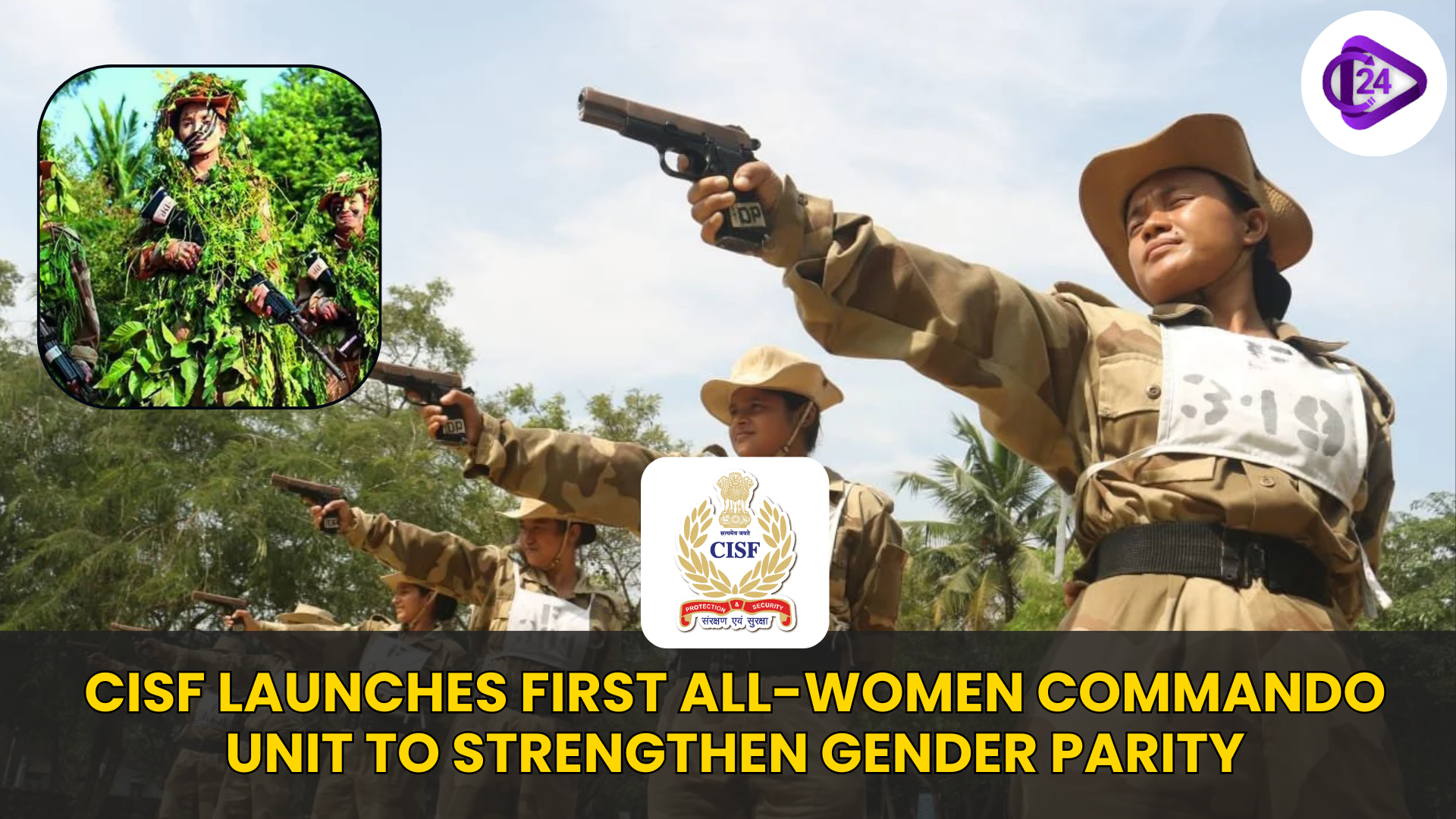 CISF Launches First All-Women Commando Unit to Strengthen Gender Parity
CISF Launches First All-Women Commando Unit to Strengthen Gender Parity NCERT Introduces Indian Classical Art Forms in School Curriculum (Classes 3–8)
NCERT Introduces Indian Classical Art Forms in School Curriculum (Classes 3–8)